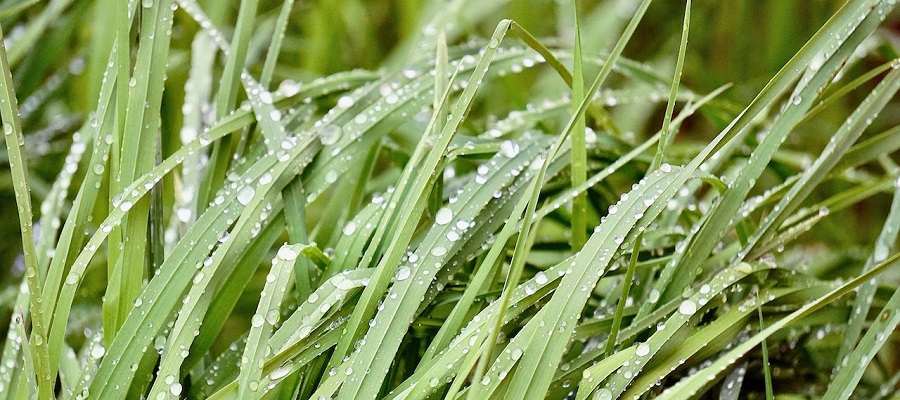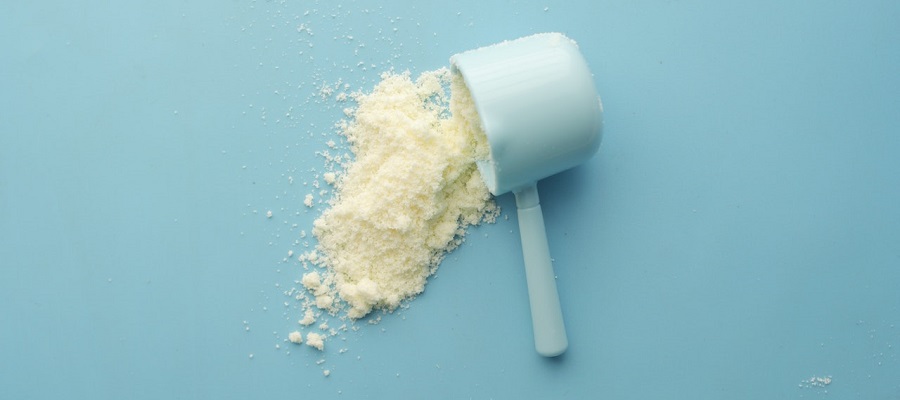Whey protein
Whey protein is a type of protein that is derived from milk. It is a complete protein, meaning that it contains all nine essential amino acids, which are the building blocks of protein that the body cannot produce on its own and must obtain from the diet.
Whey protein is a popular choice among athletes and bodybuilders because it is easily digestible and helps to build and repair muscle tissue. It is also popular among people who are trying to lose weight, as it can help to reduce appetite and increase muscle mass.
There are three main types of whey protein: concentrate, isolate, and hydrolysate. Concentrate is the least processed form of whey protein and contains more fat and lactose. Isolate is a more pure form of whey protein that has had most of the fat and lactose removed. Hydrolysate is a form of whey protein that has been partially broken down, making it easier to digest.
Whey protein is generally considered safe when consumed in recommended amounts. However, some people may be allergic to milk and should avoid whey protein. It is also important to be aware that some whey protein supplements may contain additives or sweeteners that may not be suitable for everyone.
Whey protein is typically consumed in the form of a powder that can be mixed with water, milk, or another liquid to make a shake. It can also be added to foods such as smoothies, yogurt, or baked goods to increase the protein content. It is important to follow the recommended dosage guidelines for whey protein and to speak with a healthcare professional before adding it to your diet.
Plant protein
Plant protein is a type of protein that is derived from plants, such as vegetables, grains, nuts, and seeds. It is a popular choice among vegetarians, vegans, and those who are looking to reduce their intake of animal-derived protein.
Plant protein is typically not a complete protein, meaning that it does not contain all nine essential amino acids. However, some plant proteins, such as soy protein, are complete proteins and can be a good source of all the essential amino acids.
Plant protein is typically lower in calories and fat than animal protein and is a good source of fiber, vitamins, and minerals. Some plant proteins, such as quinoa, chia seeds, and hemp seeds, are also high in essential fatty acids.
Plant protein is generally considered safe when consumed in recommended amounts. However, some people may be allergic to certain types of plant protein, such as nuts or soy, and should avoid these. It is also important to be aware that some plant protein supplements may contain additives or sweeteners that may not be suitable for everyone.
Plant protein is typically consumed in the form of a powder that can be mixed with water, milk, or another liquid to make a shake. It can also be added to foods such as smoothies, yogurt, or baked goods to increase the protein content. It is important to follow the recommended dosage guidelines for plant protein and to speak with a healthcare professional before adding it to your diet.
The difference between plant protein and whey protein
There are several differences between plant protein and whey protein:
-
Source: Whey protein is derived from milk, while plant protein is derived from plants, such as vegetables, grains, nuts, and seeds.
-
Complete protein: Whey protein is a complete protein, meaning that it contains all nine essential amino acids. Some plant proteins, such as soy protein, are also complete proteins, but others, such as pea protein, are not.
-
Nutrient content: Plant protein is typically lower in calories and fat than whey protein and is a good source of fiber, vitamins, and minerals. Some plant proteins, such as quinoa, chia seeds, and hemp seeds, are also high in essential fatty acids. Whey protein is a good source of protein, but it is not as high in other nutrients.
-
Digestion: Whey protein is a fast-digesting protein, while plant protein is typically slower to digest. This means that whey protein is absorbed more quickly by the body, while plant protein is absorbed more slowly.
-
Suitability for certain populations: Plant protein is a good choice for vegetarians, vegans, and those who are looking to reduce their intake of animal-derived protein. However, some people may be allergic to certain types of plant protein, such as nuts or soy, and should avoid these. Some people may also be allergic to milk and should avoid whey protein.
It is important to choose a protein that meets your individual needs and dietary preferences. It is also important to speak with a healthcare professional before adding a protein supplement to your diet.
The Similarities Between Plant Protein and Whey Protein
There are several similarities between plant protein and whey protein:
-
Both are sources of protein: Plant protein and whey protein are both sources of protein, which is an essential nutrient that is necessary for the body to function properly. Protein is important for building and repairing tissues, making enzymes and hormones, and supporting immune function.
-
Both can be used to build and repair muscle: Both plant protein and whey protein can be used to help build and repair muscle tissue. They are both popular choices among athletes and bodybuilders because they are easily digestible and can help to support muscle growth and repair.
-
Both can be used to support weight loss: Both plant protein and whey protein can be useful for people who are trying to lose weight, as they can help to reduce appetite and increase muscle mass. This can help to support weight loss and improve overall health.
-
Both can be consumed in a variety of forms: Plant protein and whey protein can both be consumed in a variety of forms, including powders, bars, and snacks. They can be mixed with water or another liquid to make a shake, or they can be added to foods such as smoothies, yogurt, or baked goods to increase the protein content.
It is important to choose a protein that meets your individual needs and dietary preferences. It is also important to speak with a healthcare professional before adding a protein supplement to your diet.


